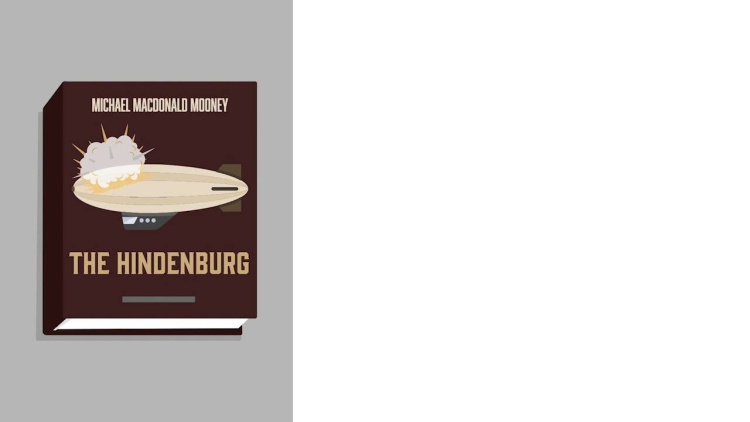Hoehling v. Universal City Studios, Inc.
United States Court of Appeals for the Second Circuit
618 F.2d 972, 449 U.S. 841 (1980)

- Written by Cynthia (Anderson) Beeler, JD
Facts
A. A. Hoehling (plaintiff) published a book in 1962 about the Hindenburg dirigible. The book postulated that the Hindenburg’s explosion was the result of sabotage, rather than an accident. The saboteur was alleged to be a rigger on the Hindenburg named Eric Spehl. Hoehling thoroughly researched the Hindenburg and Spehl by reading contemporaneous accounts and interviewing survivors of the explosion. Hoehling concluded that Spehl was a saboteur based on Spehl’s access to the area where the explosion began and the fact that Spehl’s love interest was an anti-Nazi communist. The book was written as a factual narrative. Ten years later, Michael MacDonald Mooney (defendant) published a book of historical fiction, and the original outline for the book was sold as movie rights to Universal City Studios, Inc. (Universal) (defendant). Mooney’s novel included a subplot in which a fictional representation of Spehl planned the explosion for reasons similar to those postulated in Hoehling’s book. The movie rights that Universal purchased were developed into a screenplay by Nelson Gidding, who had written an unpublished work on the Hindenburg 20 years earlier. The movie changed Spehl’s name to Boeth and included the general rationale for naming Boeth as a saboteur, although there were a number of other subplots and fictional characters as well. The works by Hoehling, Mooney, and Gidding all contained scenes of the ship’s crew in a German beer hall before the voyage, as well certain German greetings relevant to the time, such as “Heil Hitler.” Hoehling filed a copyright-infringement suit against Universal and Mooney. The district court granted the defendants’ motion for summary judgment. Hoehling appealed.
Rule of Law
Issue
Holding and Reasoning (Kaufman, C.J.)
What to do next…
Here's why 907,000 law students have relied on our case briefs:
- Written by law professors and practitioners, not other law students. 47,100 briefs, keyed to 996 casebooks. Top-notch customer support.
- The right amount of information, includes the facts, issues, rule of law, holding and reasoning, and any concurrences and dissents.
- Access in your classes, works on your mobile and tablet. Massive library of related video lessons and high quality multiple-choice questions.
- Easy to use, uniform format for every case brief. Written in plain English, not in legalese. Our briefs summarize and simplify; they don’t just repeat the court’s language.





